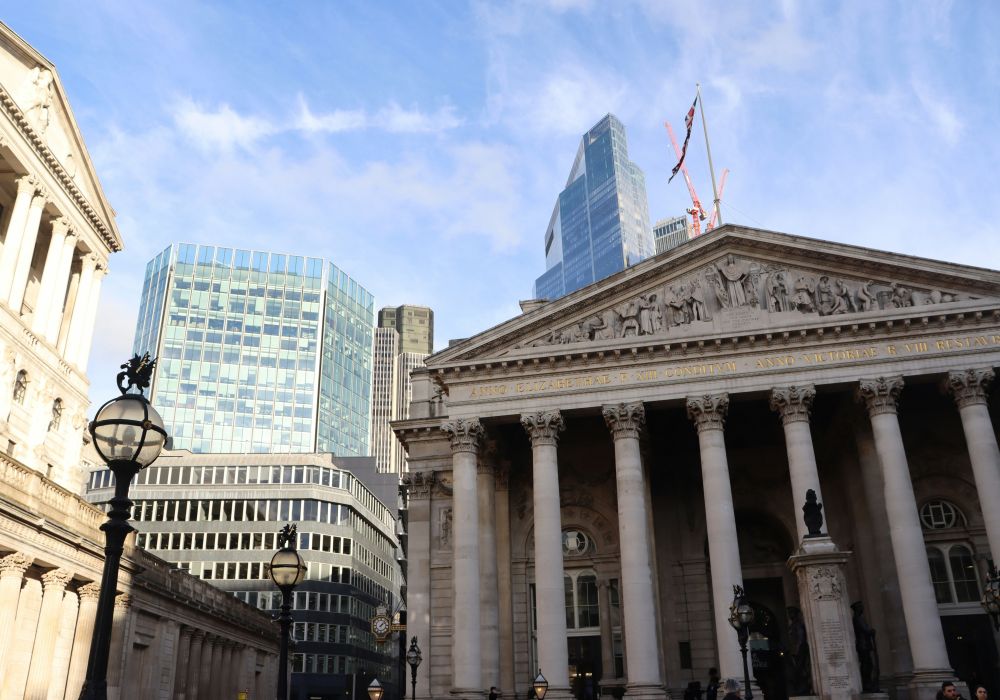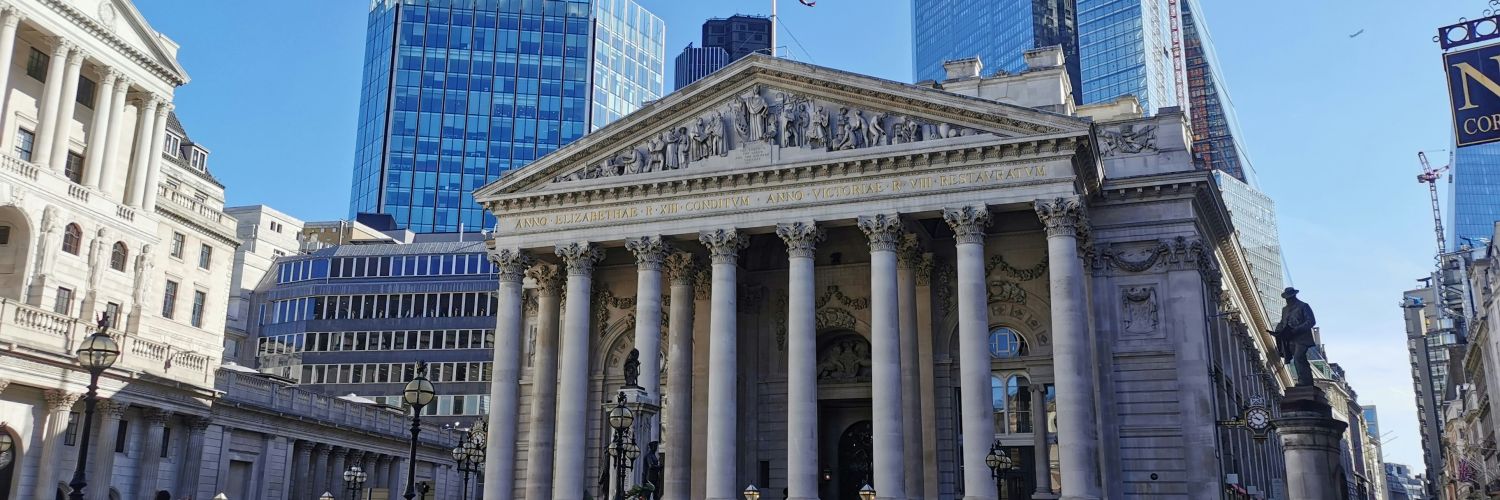What happened last week?
US
- US inflation cooled slightly more than expected.
Europe
- The European Central Bank (ECB) cut interest rates.
- Britain’s economy stagnated for a second consecutive month.
Asia
- Consumer prices in China rose by less than expected.
Why It Matters
Why It Matters
There was good news and bad in the latest US inflation report. On one hand, consumer prices increased by just 2.5% in August from a year ago, one tick below what economists had forecast and a considerable step down from July’s 2.9% pace. On the other hand, core inflation – the measure that strips out volatile food and energy prices – unexpectedly accelerated to 0.3% on a month-over-month basis, driven by higher housing-related costs. This suggests there are still some strong underlying price pressures in the economy.
The ECB cut interest rates for the second time this year, having shifted its focus from fighting inflation – which is within touching distance of its 2% target – to supporting the economy. The widely expected move took the bank’s key rate down to 3.5%, from 3.75%. Whilst the ECB didn’t say much about its next steps, traders are betting on at least one more cut this year.
After falling into a technical recession at the end of 2023, the British economy outpaced its Group of Seven peers in the first half of the year, expanding by 1.3%. But then things took a turn for the worse. Data last week showed the UK economy unexpectedly stagnated for the second consecutive month in July, thanks to heavy declines in manufacturing and construction. The flatline result disappointed analysts who had forecast a 0.2% increase.
Consumer prices in China increased by a meagre 0.6% in August compared to the same period last year, even as food prices were pushed higher by bad weather. Meanwhile, core inflation, which excludes food and energy prices, came in at just 0.3% – the lowest in three years. The data added to worries that the world’s second-biggest economy might be heading toward a growth-damaging period of deflation (i.e. falling prices).
This week’s focus: An Ensemble Cast Of Central Banks
This week is a blockbuster one for central banks, with the Federal Reserve (Fed), the Bank of England (BoE), and the Bank of Japan (BoJ) all set to announce interest rate decisions, one after another.
The Fed has kept borrowing costs at a two-decade high for eight meetings in a row, but it’s widely expected to deliver its first rate cut in over four years on Wednesday. That comes as inflation in the US edges closer to its 2% target and the country’s labour market starts to show signs of weakness. Case in point: recent data showed that the pace of hiring over the past three months slowed to its lowest level since the early days of the pandemic.

The big question facing Fed policymakers now is whether a modest, 0.25 percentage point cut will be enough to stave off further damage to the labour market. While traders see a trim of that size as virtually certain this week, some are betting on a cut that’s twice as deep. And it’s not hard to understand their thinking. The Fed, after all, was widely criticised for moving too slowly to hike rates when the economy faced its worst bout of inflation in 40 years. If it doesn’t respond swiftly to the faltering labour market, it could risk a further increase in the unemployment rate and a potential recession.
When it comes to the BoE and BoJ, traders widely expect both to stay put this week. Britain’s central bank lowered its key rate in a knife-edge vote in August, but it was quick to stipulate that the cut was not the start of a series. In contrast, the BoJ has been the only major central bank hiking interest rates, having done so twice this year. The latest one, a surprise move, sent shockwaves through financial markets. So the Bank is likely in no rush to rock that boat again.

The Week Ahead
On The Calendar
- Monday: Eurozone trade balance (July).
- Tuesday: China foreign direct investment (August), US retail sales (August), US industrial production (August).
- Wednesday: Japan trade balance (August), UK inflation (August), Fed interest rate announcement.
- Thursday: BoE interest rate announcement. Earnings: FedEx.
- Friday: BoJ interest rate announcement, Japan inflation (August), UK retail sales (August), eurozone consumer confidence (September).
This document is provided to you for your information and discussion purposes only. It is not a solicitation for business or an offer to buy or sell any security or other financial instrument. Any information including facts, opinions, or quotations, may be condensed or summarised and are expressed as of the date of writing. The information may change without notice and Trusted Novus Bank (“TNB”) is under no obligation to ensure that such updates are brought to your attention. Past performance is not a guide to future performance.
This document has been prepared by TNB from sources TNB believes to be reliable but TNB does not guarantee its accuracy or completeness and does not accept liability for any loss arising from its use. TNB reserves the right to remedy any errors that may be present in this document.
Trusted Novus is registered in Gibraltar under number 3207. Its registered address and principal place of business is: Trusted Novus Bank Limited, 76 Main Street, Gibraltar GX11 1AA. It is regulated by the Gibraltar Financial Services Commission (Permission Number 3207) to provide Banking and Investment Services. TNB is a member of the Gibraltar Deposit Guarantee Board (www.gdgb.gi) and the Gibraltar Investor Compensation Scheme (www.gics.gi).
